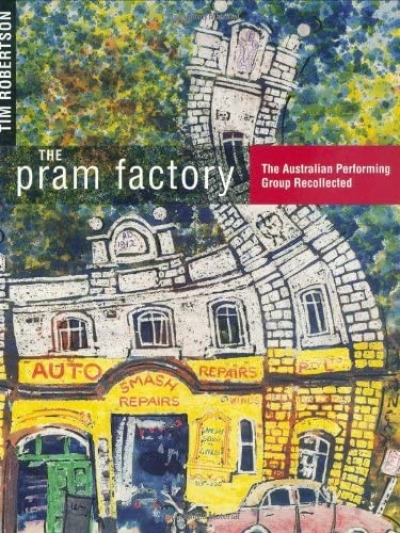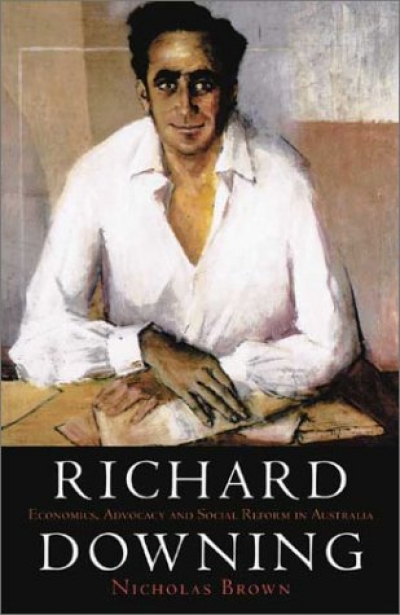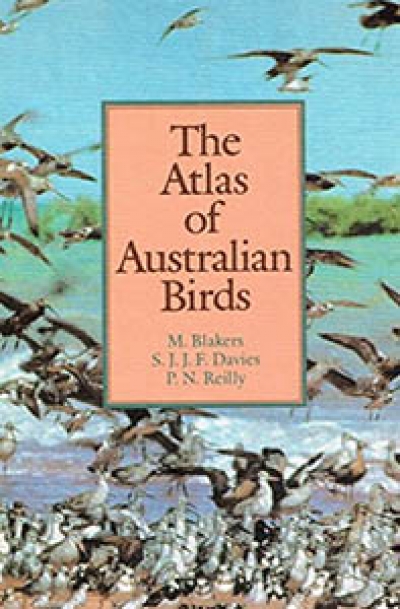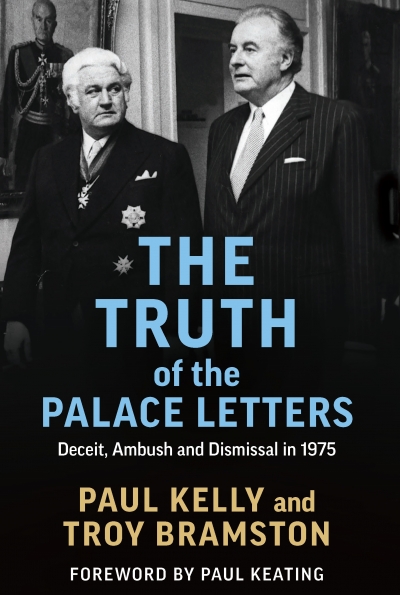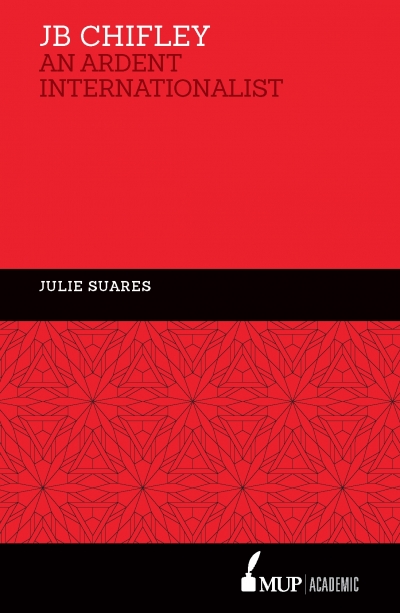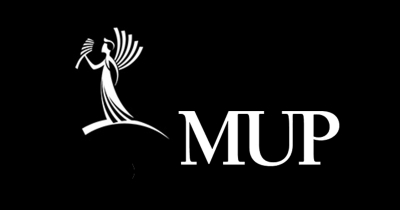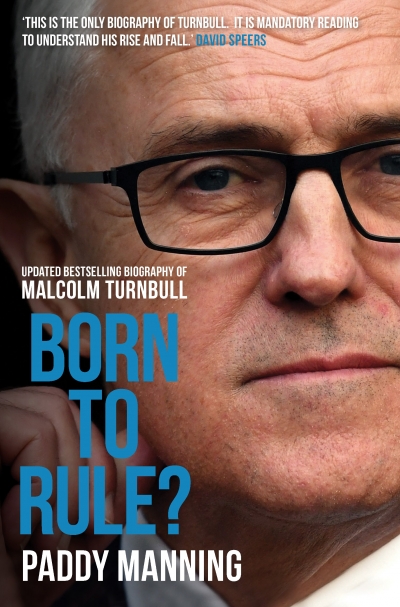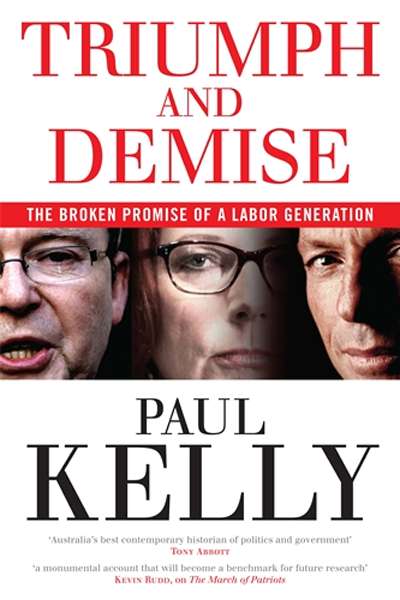Melbourne University Publishing
The Pram Factory: The Australian Performing Group recollected by Tim Robertson
by Helen Thomson •
Richard Downing: Economics, advocacy and social reform in Australia by Nicholas Brown
by Morag Fraser •
The Atlas of Australian Birds by M. Blakers, S.J.J.F. Davies, and P.N. Reilly
by Evan Jones •
The Truth of the Palace Letters by Paul Kelly and Troy Bramston & The Palace Letters by Jenny Hocking
by Jon Piccini •
Like many of us, I think of the book as the great vehicle for the sophisticated expression of our humanity. The world needs the book more than ever...
... (read more)Kevin Rudd: Twice Prime Minister by Patrick Weller
by Lyndon Megarrity •
Inside the Hawke–Keating Government: A cabinet diary by Gareth Evans
by David Day •

